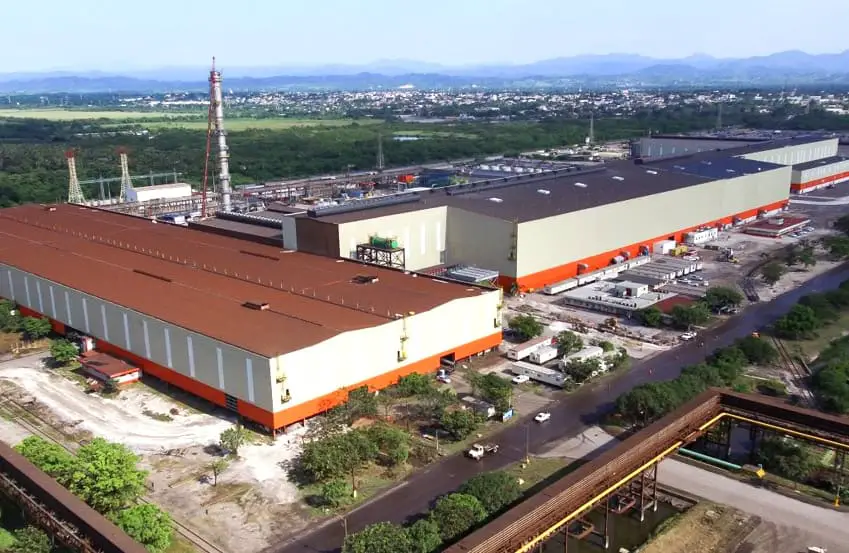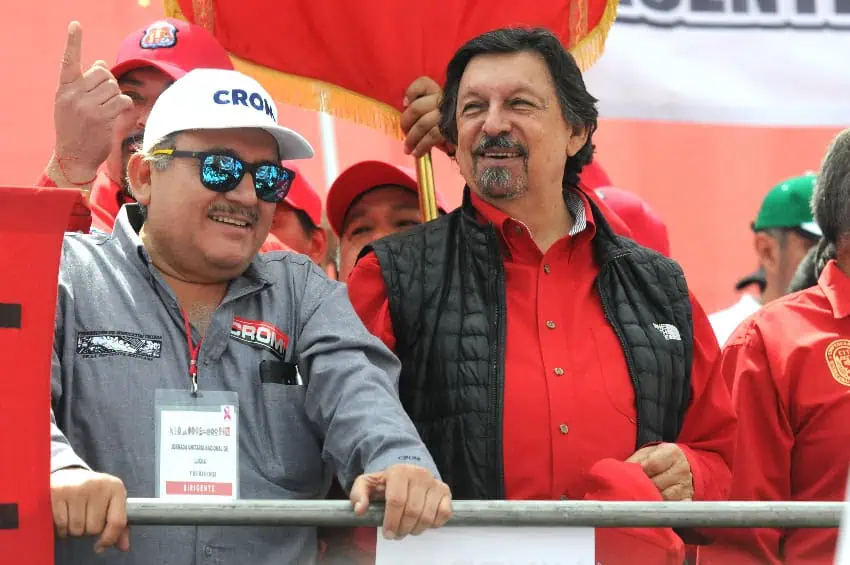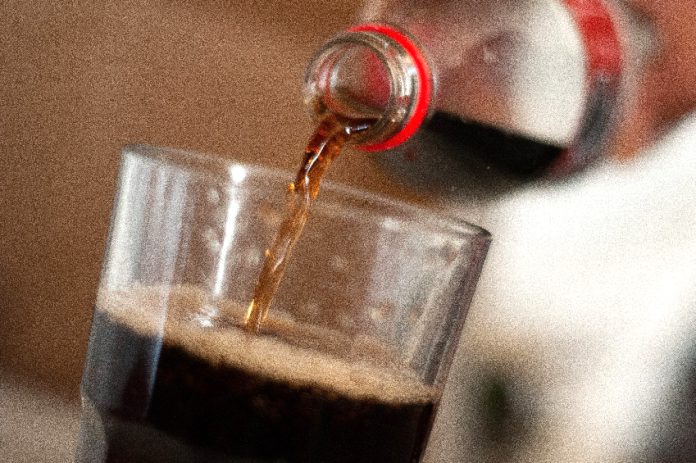Mexico is facing a shortage of food-grade carbon dioxide (CO2) used in the production of soft drinks and beer — and it’s all because of a strike at a steelworks in Michoacán.
Workers at the ArcelorMittal steelworks in the Pacific coast port city of Lázaro Cárdenas have been on strike since late May as they seek a greater share of the Luxembourg-based company’s profits and the payment of an additional bonus.

Steel production at the plant has stopped, and as a result ArcelorMittal is not supplying CO2 to beverage companies, according to a report by the El Financiero newspaper.
CO2 is normally produced as a byproduct at the plant through a steelmaking process called HyL Direct Reduction.
Unnamed beverage industry sources told El Financiero there is a significant shortfall of liquid CO2 in the market due to the strike at the Lázaro Cárdenas steelworks.
“The shortage of raw carbon dioxide prevents the processing to achieve the production of food-grade liquid carbon dioxide,” the sources said.
“This lack of raw material causes a disruption in the supply of at least 30% of the carbon dioxide needs in agro-industry, the food industry, hospitals and the bottled beverages industry,” they said.
Soda companies use CO2 to make their beverages fizzy, while breweries often add CO2 to beer, usually after filtration.
While El Financiero’s sources noted that the CO2 shortage is affecting hospitals and industries beyond beverages, the president of the National Small Business Association (ANPEC) said that bottlers are suffering the most.
“Carbon dioxide is used in the production of both soda and beer so if this issue [the ArcelorMittal strike] isn’t sorted out soon, it will create a big problem for the production of beverages at the time of highest demand due to the heat,” Cuauhtémoc Rivera said.
“… According to what we’ve been told, the situation at the steelworks is starting to place the production of carbonated beverages at risk,” the ANPEC chief added.
Rivera said that Coca-Cola Femsa’s decision to raise beverage prices last week was a sign of the CO2 shortage, although the company also increased prices for non-carbonated drinks.
The ArcelorMittal strike
According to the Expansión news website, ArcelorMittal employs 8,000 people in Lázaro Cárdenas, but the strike — which began May 24 — is being led by 3,500 workers affiliated with the National Union of Mine and Metal Workers, whose president is Senator Napoleón Gómez Urrutia.

“These workers are demanding a higher profit-sharing payment and a special bonus,” Expansión said.
ArcelorMittal has said it isn’t in a position to meet the workers’ demands because steel prices have declined 15% over the past year and the raw materials it requires have become more expensive.
Expansión reported that a solution to the standoff between the steelmaker and its workers “doesn’t appear to be close.”
It also reported that more than 672,000 tonnes of steel that would have been produced at the plant have not been made due to the strike, which is now in its 41st day.
The Confederation of Industrial Chambers (Concamin) put the figure at a somewhat lower but still substantial 500,000 tonnes.
Concamin told El Financiero that the strike was affecting supply chains in sectors including the construction and automotive industries. It noted that ArcelorMittal, which also has plants in Guanajuato and Sonora, is Mexico’s largest exporter of semifinished metal products, sending 1.5 million tonnes of such goods to automotive companies in the United States on an annual basis.
David Martínez, president of the Michoacán Industrial Association, said that the strike is already affecting “many industries.”
“… Every day we learn of new impacts on different industries,” he said.
“We need the authorities to intervene to resolve this conflict to avoid more industries being hit by this illegal strike,” Martínez said,
With reports from El Financiero and Expansión
